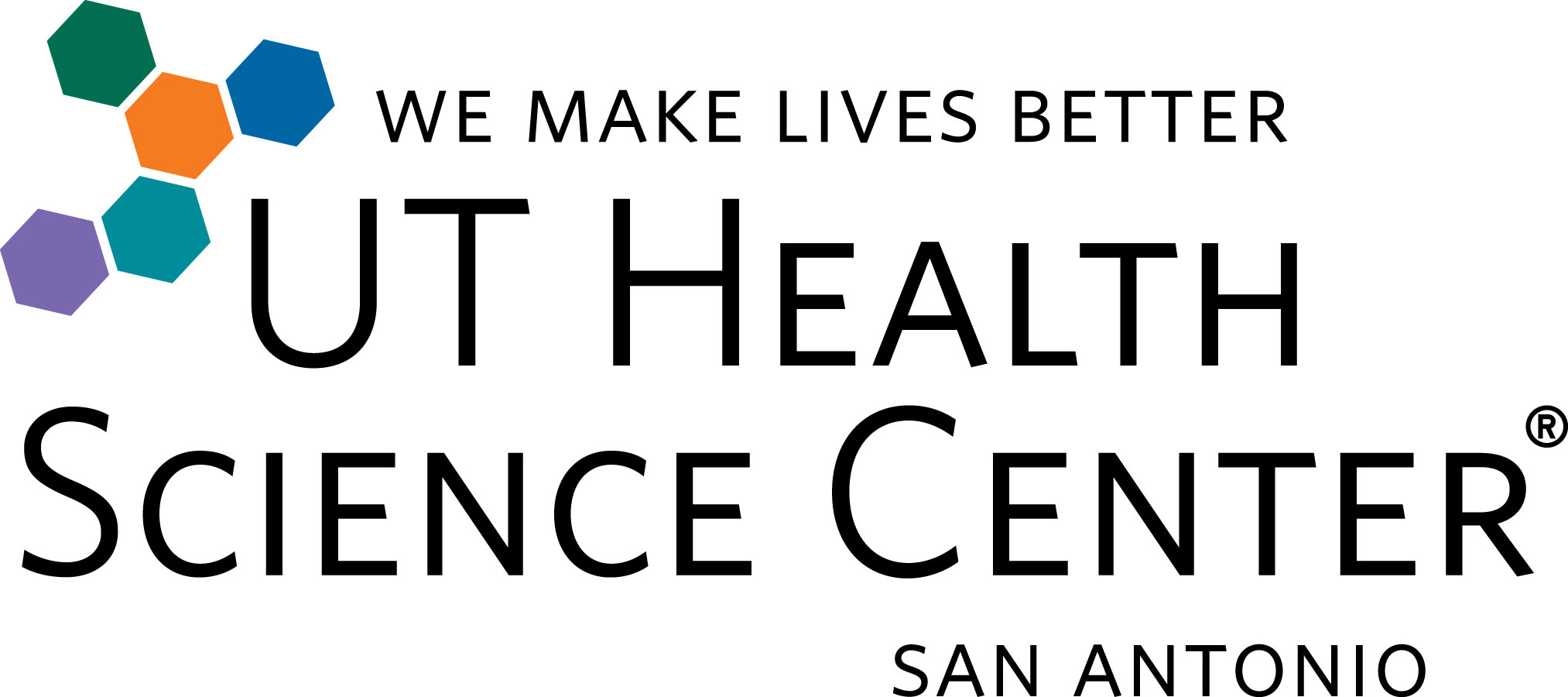Effectiveness of Combined Medication Treatment for Aggression in Children With Attention Deficit With Hyperactivity Disorder (The SPICY Study)
| Status: | Completed |
|---|---|
| Conditions: | Neurology, Psychiatric |
| Therapuetic Areas: | Neurology, Psychiatry / Psychology |
| Healthy: | No |
| Age Range: | 6 - 12 |
| Updated: | 4/2/2016 |
| Start Date: | November 2008 |
| End Date: | April 2013 |
| Contact: | Joseph C. Blader, PhD, MSc |
| Email: | joseph.blader@stonybrook.edu |
| Phone: | 631-632-8317 |
Adjunctive Treatment With Divalproex or Risperidone for Aggression Refractory to Stimulant Monotherapy Among Children With ADHD
This study will determine the advantages and disadvantages of adding one of two different
types of drugs to stimulant treatment for reducing aggressive behavior in children with
attention deficit with hyperactivity disorder (ADHD).
types of drugs to stimulant treatment for reducing aggressive behavior in children with
attention deficit with hyperactivity disorder (ADHD).
Attention deficit with hyperactivity disorder (ADHD) is a common childhood mental disorder
that affects 3% to 5% of all American children. Symptoms of ADHD commonly include inability
to focus or exercise normal inhibition, and in some cases, aggressive behavior.
Approximately 33% to 50% of children with ADHD develop oppositional defiant disorder (ODD),
and about 20% to 40% develop a conduct disorder (CD). These disorders are characterized by
defiant, belligerent, and otherwise aggressive behavior. Treatment for ADHD generally
includes use of stimulant medications that decrease impulsivity and increase attentiveness,
such as methylphenidate (Ritalin) or dextroamphetamine (Dexedrine), but these do not always
affect aggression. To treat aggression in ADHD, many physicians prescribe additional
medications, including the mood stabilizing medication valproate and the antipsychotic
medication risperidone.
There is no clinical evidence proving that using multiple types of medications is safe and
effective. This study will treat children with ADHD and aggression with a combination of
stimulants and antipsychotic or mood stabilizing medications to determine whether the
aggressive behaviors and ADHD symptoms are reduced without harmful side effects.
This study has two phases. During the first phase, which will last 3 to 6 weeks,
participants will be treated with normal ADHD stimulant medications. During the second
phase, those whose aggressive behavior is not effectively suppressed by stimulant medication
alone will then be randomly assigned to also receive valproate, risperidone, or placebo for
8 weeks. After 8 weeks, children whose aggression persists will be switched from either
valproate to risperidone or risperidone to valproate for another 8 weeks. Those on placebo
will not switch medications. All participants will attend weekly monitoring visits for 11 to
16 weeks over the course of the study. At these visits, aggression levels and medication
side effects will be assessed. Families will also meet with the researchers to discuss the
child's progress and will attend behavioral counseling with a therapist.
that affects 3% to 5% of all American children. Symptoms of ADHD commonly include inability
to focus or exercise normal inhibition, and in some cases, aggressive behavior.
Approximately 33% to 50% of children with ADHD develop oppositional defiant disorder (ODD),
and about 20% to 40% develop a conduct disorder (CD). These disorders are characterized by
defiant, belligerent, and otherwise aggressive behavior. Treatment for ADHD generally
includes use of stimulant medications that decrease impulsivity and increase attentiveness,
such as methylphenidate (Ritalin) or dextroamphetamine (Dexedrine), but these do not always
affect aggression. To treat aggression in ADHD, many physicians prescribe additional
medications, including the mood stabilizing medication valproate and the antipsychotic
medication risperidone.
There is no clinical evidence proving that using multiple types of medications is safe and
effective. This study will treat children with ADHD and aggression with a combination of
stimulants and antipsychotic or mood stabilizing medications to determine whether the
aggressive behaviors and ADHD symptoms are reduced without harmful side effects.
This study has two phases. During the first phase, which will last 3 to 6 weeks,
participants will be treated with normal ADHD stimulant medications. During the second
phase, those whose aggressive behavior is not effectively suppressed by stimulant medication
alone will then be randomly assigned to also receive valproate, risperidone, or placebo for
8 weeks. After 8 weeks, children whose aggression persists will be switched from either
valproate to risperidone or risperidone to valproate for another 8 weeks. Those on placebo
will not switch medications. All participants will attend weekly monitoring visits for 11 to
16 weeks over the course of the study. At these visits, aggression levels and medication
side effects will be assessed. Families will also meet with the researchers to discuss the
child's progress and will attend behavioral counseling with a therapist.
Inclusion Criteria:
- Presence of ADHD
- Presence of persistent, clinically significant aggression
- Presence of ODD or CD
Exclusion Criteria:
- Presence of psychosis
- Presence of a major developmental disability
- Presence of a major mood disorder
- Contraindications to stimulant, valproate, or risperidone treatment
We found this trial at
3
sites
Click here to add this to my saved trials
4502 Medical Drive
San Antonio, Texas 78284
San Antonio, Texas 78284
(210) 567-7000

University of Texas Health Science Center at San Antonio The University of Texas Health Science...
Click here to add this to my saved trials
Stony Brook University Medical Center Stony Brook Medicine expresses our shared mission of research, clinical...
Click here to add this to my saved trials
